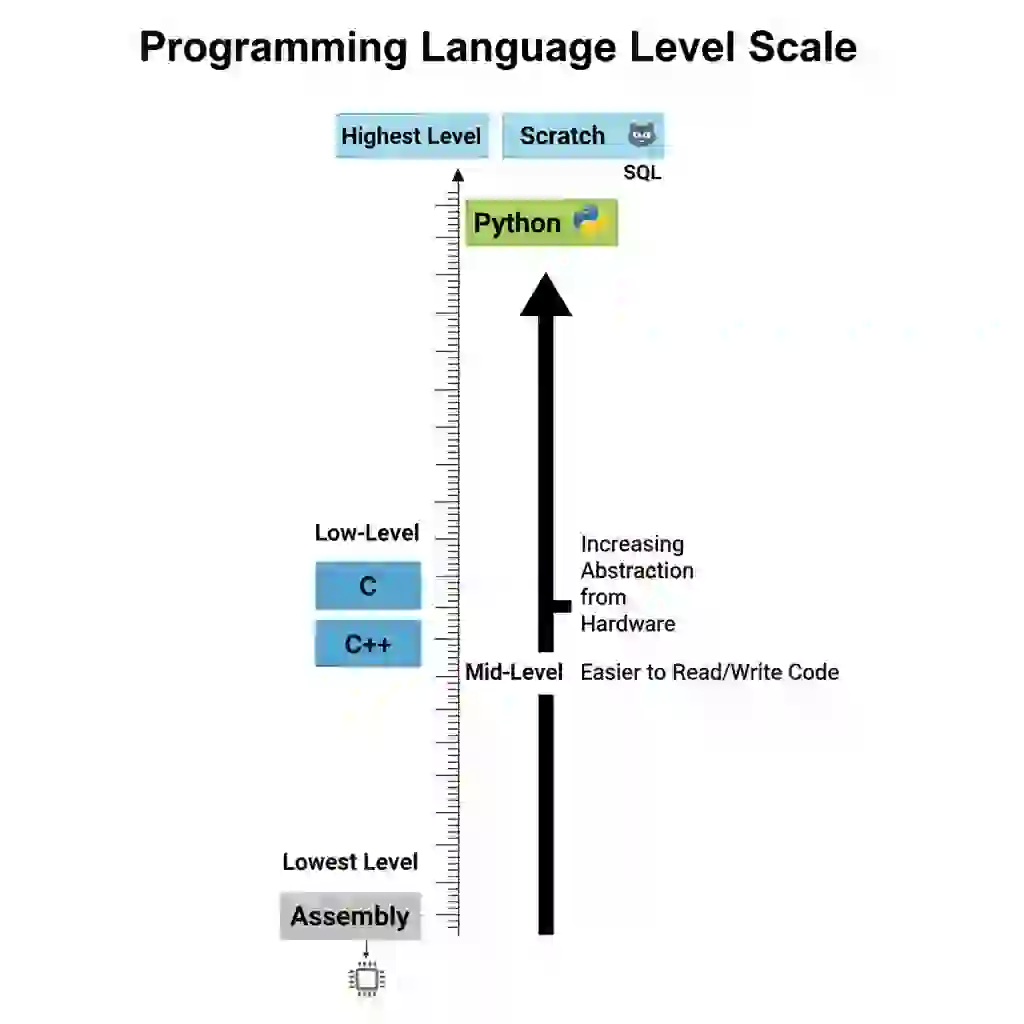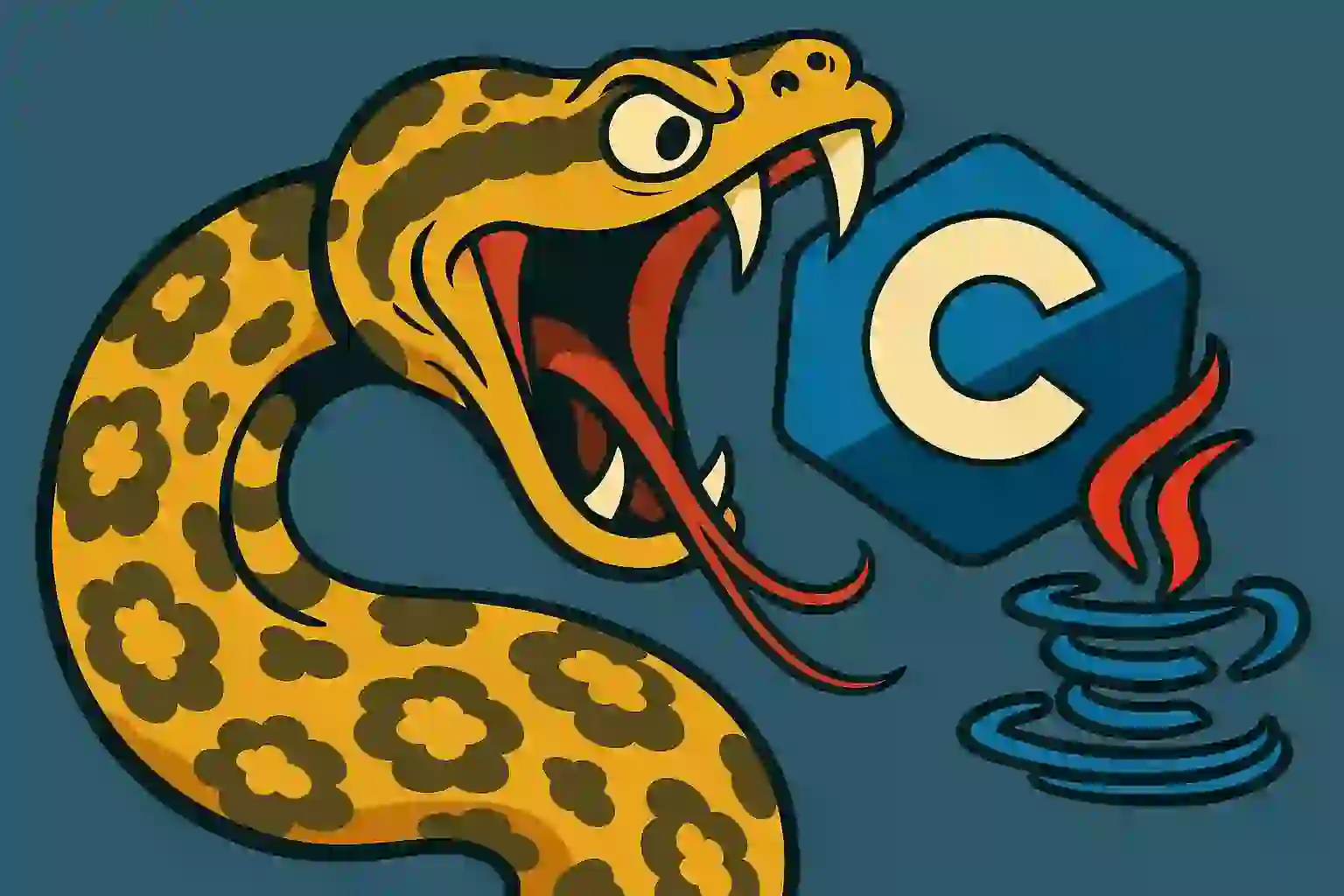Python democratizes access to programming, and could mean the end of C and C++.
Content Index
The problem with C and C++ (especially C++ here) is that C is a low-level language, very similar to assembly or machine language. Python, on the other hand, is a high-level language.
C++ is widely used in video game development, especially in animation, and in this case Python is balancing the scales.
Everything has advantages and disadvantages. The problem with C++ is that everything is more manual. Any mistake can turn into a null pointer exception, which makes it a small hell. I experienced it myself in college: it was my second trauma, after Java, which was the first language I was taught in the first semester. In the second, C arrived with the data structures class.
Python and its evolution
On the other hand, Python—which was released more than 30 years ago—has managed to surpass established languages like Java and C++, partly thanks to the rise of artificial intelligence.
In various graphs you can find online, you'll see that Python takes first place, although C++ is still very much in the running. As some say, with C++ you have more control because it's lower-level, while Python, being higher-level, is more accessible.
A good comparison is this: C++ is like driving a Formula 1 car—much more powerful, faster, and with greater control, but also more complex and demanding. Python, on the other hand, is like driving an SUV—easier to handle, more versatile, although not as powerful.

Uses of C++ and Python
C++ is widely used in areas requiring graphical power, such as AAA video games with engines like Unreal Engine. But its complexity means more time and money in development.
On the other hand, Python, thanks to its packages and libraries, makes it possible to simplify complex tasks that would be much more manual in C++. There are even libraries that connect Python directly to C++, taking advantage of the best of both worlds.
The conclusion here is clear: it's not about replacing one language with another, but rather using them in a complementary way. Python can democratize access to development, allowing more people to create applications without having to deal with all the complexity of C++.
Python, showing how it can leverage the power of C++ without losing its simplicity.
I agree to receive announcements of interest about this Blog.
C++ is the powerful brain that allows, for example, to be used for animations or video games, although Python allows for easier access.

